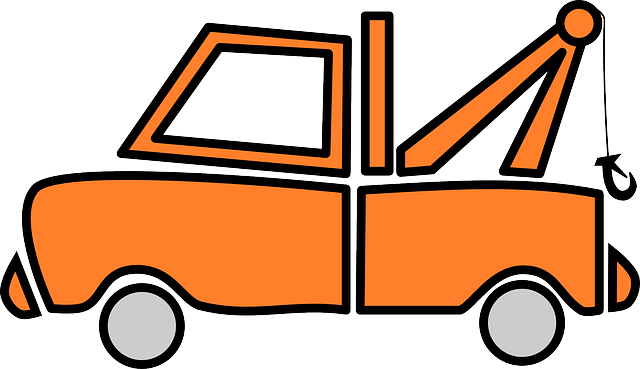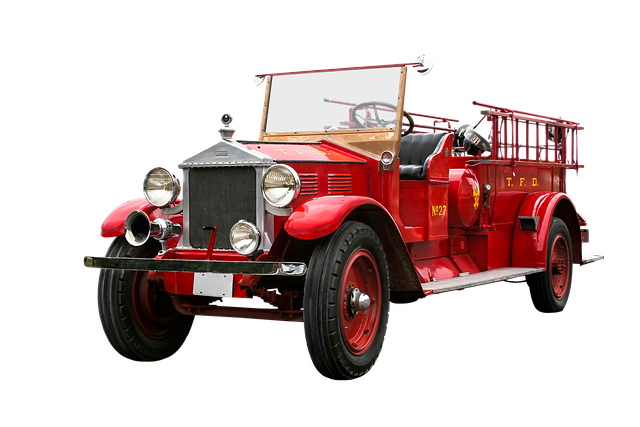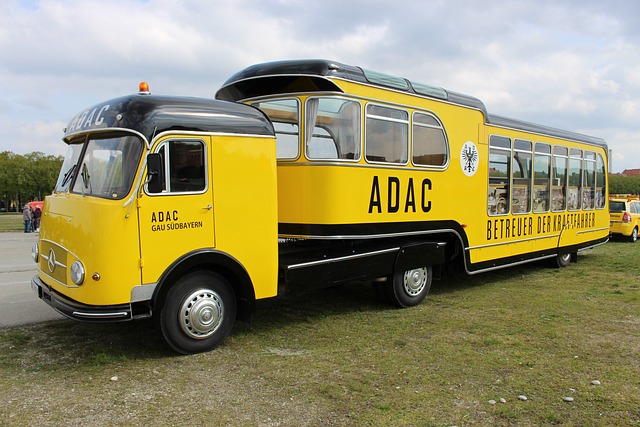Multi-truck small businesses face unique risks from accidents, natural disasters, and equipment malfunctions that can cripple their operations and financial stability. Physical damage policies are essential for protecting these businesses by covering repairs or replacements of damaged assets, enabling swift fleet restoration, minimizing downtime, and maintaining customer satisfaction. Comprehensive insurance strategies mitigate financial impacts, foster business continuity, and allow owners to focus on growth instead of unexpected expenses, making them a strategic imperative for these small but vital operations.
Small multi-truck businesses face unique challenges, from fleet maintenance to driver safety. Building resilience through comprehensive insurance is key to navigating these complexities. This article explores how tailored policies, particularly robust physical damage policies, can safeguard against unforeseen events and ensure business continuity. We delve into essential coverage elements, effective implementation strategies, and the overall importance of proactive risk management for thriving multi-truck operations.
Understanding Multi-Truck Small Businesses and Their Unique Risks

Multi-truck small businesses, often characterized by their fleet of vehicles and diverse operations, face distinct challenges compared to traditional brick-and-mortar establishments. These businesses are inherently more vulnerable to physical damage due to the mobile nature of their assets. A single accident or natural disaster can lead to significant financial losses, disrupting daily operations and supply chains. Understanding these unique risks is paramount when crafting comprehensive policies.
Physical damage policies play a pivotal role in safeguarding these businesses from financial ruin. Such policies cover repairs or replacements resulting from accidents, theft, or unforeseen events. They ensure that owners can quickly restore their fleet and maintain consistent service levels, minimizing downtime and potential customer dissatisfaction. By addressing these specific risks, business owners can focus on growth and adaptation, knowing their operations are protected against unexpected physical damage.
The Role of Physical Damage Policies in Building Resilience

Physical damage policies are a cornerstone in building resilience for multi-truck small businesses. These comprehensive strategies ensure that should unexpected events like accidents, natural disasters, or equipment malfunctions occur, the financial impact is mitigated. By insuring physical assets, including trucks, buildings, and inventory, businesses can quickly recover and continue operations without facing insurmountable costs.
Such policies play a crucial role in fostering stability by providing financial protection against significant losses. This not only includes replacement or repair of damaged property but also covers legal liabilities arising from accidents involving company vehicles. With robust physical damage policies in place, small businesses can navigate challenges with confidence, allowing them to focus on growth and competitiveness rather than the burden of unexpected expenses.
Comprehensive Coverage: Essential Elements for Multi-Truck Operations

For multi-truck small businesses, comprehensive coverage is more than just an insurance policy—it’s a strategic necessity. Beyond basic liability and worker’s compensation, physical damage policies are an essential element that safeguards against unforeseen events. These can include accidents involving trucks, natural disasters, and even vandalism, which can cause significant financial strain on already tight margins. A robust physical damage policy ensures that businesses can recover quickly, replacing or repairing damaged vehicles without incurring substantial out-of-pocket expenses.
Additionally, comprehensive policies should encompass broader coverage areas such as business interruption, property damage, and liability for third-party losses. These elements are crucial for navigating the unpredictable nature of multi-truck operations. By ensuring that every scenario is accounted for, businesses can focus on their core functions, confident in the knowledge that they are protected against a wide range of potential risks.
Strategies to Implement and Maintain Effective Trucking Insurance Policies

Implementing and maintaining comprehensive trucking insurance policies is a strategic move for small businesses aiming to build resilience in an unpredictable market. Physical damage policies are a cornerstone, shielding against the financial burden of accidents involving company trucks. These policies cover repairs or replacements, mitigating potential losses that could cripple a small business. Regular review of these policies is essential; adjusting coverage as the fleet grows or operational risks change ensures optimal protection.
To effectively manage trucking insurance, businesses should prioritize clear communication among all stakeholders—from drivers to management. Consistent training on safety protocols and risk mitigation practices can reduce claims frequency. Additionally, leveraging technology for vehicle tracking and maintenance scheduling enhances proactive risk management. By combining robust policies with a culture of safety and efficiency, small trucking businesses can navigate the road ahead with enhanced confidence and resilience.
Multi-truck small businesses face distinct challenges, but implementing comprehensive insurance policies, particularly robust physical damage coverage, can significantly enhance their resilience. By adopting these strategies, operators can navigate risks effectively and ensure the long-term sustainability of their operations. Prioritizing thorough risk assessment, staying informed about industry trends, and regularly reviewing policy terms are key steps in building a resilient future for these vital businesses.
